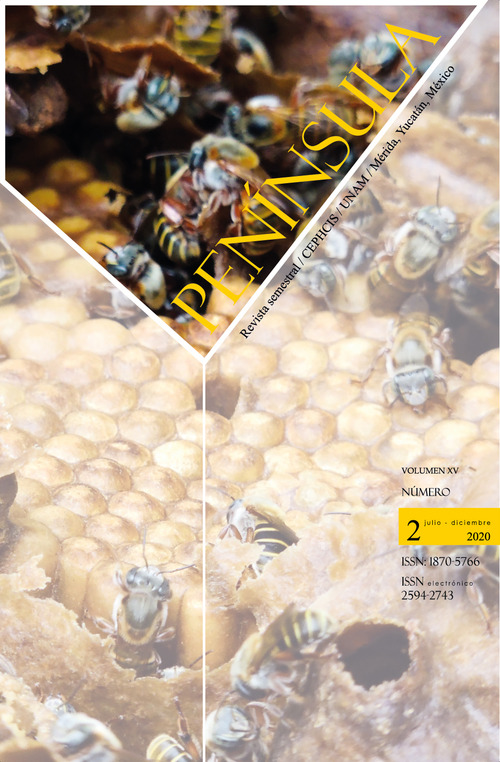Beekeeping: its Contribution to the Income of Rural Households in Southern Yucatan
Main Article Content
Abstract
The households in the rural areas of Yucatán have adopted different strategies to counteract the effects of the cyclical crises that Mexico has experienced in recent decades (1980-2019), caused by external shocks or structural changes in economic policy: the implementation of the neoliberal model (1988), the entry into force of NAFTA (1994), the ratification of free trade USMCA (2018), and the establishment of 4T [Fourth Transformation] (2019). One of these strategies is the diversification of livelihoods through the realization of (labor-intensive) productive activities, wherein beekeeping plays an important role. This study has a quantitative approach to quasi-experimental design that analyzes the impacts of beekeeping on the monthly income of rural households through the Propensity Score Matching. The findings reveal the effect of beekeeping on the monthly per capita income of the rural household at MXN 559.70 (USD 25.6) compared to households that do not carry out the activity, which increases their probability of getting out of the condition of food poverty.
